EVGA SuperNOVA 650 G3 PSU Review: Excellence Evolved
Why you can trust Tom's Hardware
Transient Response Tests
Advanced Transient Response Tests
For details on our transient response testing, please click here.
Ιn these tests, we monitor the PSU's response in several scenarios. First, a transient load (10A at +12V, 5A at 5V, 5A at 3.3V, and 0.5A at 5VSB) is applied for 200ms as the PSU works at 20 percent load. In the second scenario, it's hit by the same transient load while operating at 50 percent load.
In the next sets of tests, we increase the transient load on the major rails with a new configuration: 15A at +12V, 6A at 5V, 6A at 3.3V, and 0.5A at 5VSB. We also increase the load-changing repetition rate from 5 Hz (200ms) to 50 Hz (20ms). Again, this runs with the PSU operating at 20 and 50 percent load.
The last tests are even tougher. Although we keep the same loads, the load-changing repetition rate rises to 1 kHz (1ms).
In all of the tests, we use an oscilloscope to measure the voltage drops caused by the transient load. The voltages should remain within the ATX specification's regulation limits.
These tests are crucial because they simulate the transient loads a PSU is likely to handle (such as booting a RAID array or an instant 100 percent load of CPU/GPUs). We call these "Advanced Transient Response Tests," and they are designed to be very tough to master, especially for a PSU with a capacity of less than 500W.
Advanced Transient Response at 20 Percent – 200ms
| Voltage | Before | After | Change | Pass/Fail |
|---|---|---|---|---|
| 12V | 12.232V | 12.140V | 0.75% | Pass |
| 5V | 5.019V | 4.920V | 1.97% | Pass |
| 3.3V | 3.313V | 3.215V | 2.96% | Pass |
| 5VSB | 5.039V | 4.999V | 0.79% | Pass |
Advanced Transient Response at 20 Percent – 20ms
| Voltage | Before | After | Change | Pass/Fail |
|---|---|---|---|---|
| 12V | 12.233V | 12.109V | 1.01% | Pass |
| 5V | 5.019V | 4.886V | 2.65% | Pass |
| 3.3V | 3.313V | 3.209V | 3.14% | Pass |
| 5VSB | 5.039V | 5.003V | 0.71% | Pass |
Advanced Transient Response at 20 Percent – 1ms
| Voltage | Before | After | Change | Pass/Fail |
|---|---|---|---|---|
| 12V | 12.234V | 12.109V | 1.02% | Pass |
| 5V | 5.019V | 4.895V | 2.47% | Pass |
| 3.3V | 3.313V | 3.192V | 3.65% | Pass |
| 5VSB | 5.039V | 4.998V | 0.81% | Pass |
Advanced Transient Response at 50 Percent – 200ms
| Voltage | Before | After | Change | Pass/Fail |
|---|---|---|---|---|
| 12V | 12.226V | 12.137V | 0.73% | Pass |
| 5V | 5.021V | 4.917V | 2.07% | Pass |
| 3.3V | 3.313V | 3.185V | 3.86% | Pass |
| 5VSB | 5.017V | 4.974V | 0.86% | Pass |
Advanced Transient Response at 50 Percent – 20ms
| Voltage | Before | After | Change | Pass/Fail |
|---|---|---|---|---|
| 12V | 12.226V | 12.097V | 1.06% | Pass |
| 5V | 5.021V | 4.892V | 2.57% | Pass |
| 3.3V | 3.314V | 3.199V | 3.47% | Pass |
| 5VSB | 5.017V | 4.979V | 0.76% | Pass |
Advanced Transient Response at 50 Percent – 1ms
| Voltage | Before | After | Change | Pass/Fail |
|---|---|---|---|---|
| 12V | 12.227V | 12.100V | 1.04% | Pass |
| 5V | 5.021V | 4.893V | 2.55% | Pass |
| 3.3V | 3.313V | 3.218V | 2.87% | Pass |
| 5VSB | 5.018V | 4.975V | 0.86% | Pass |
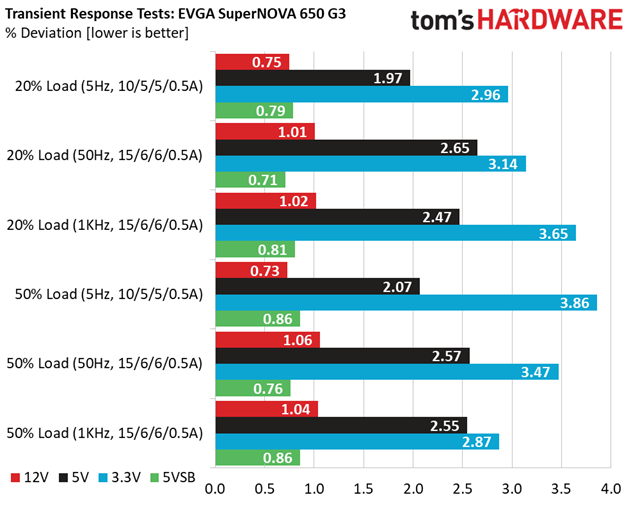
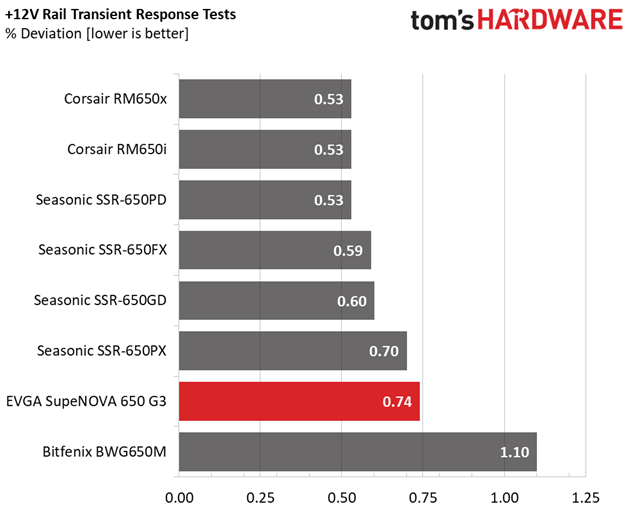
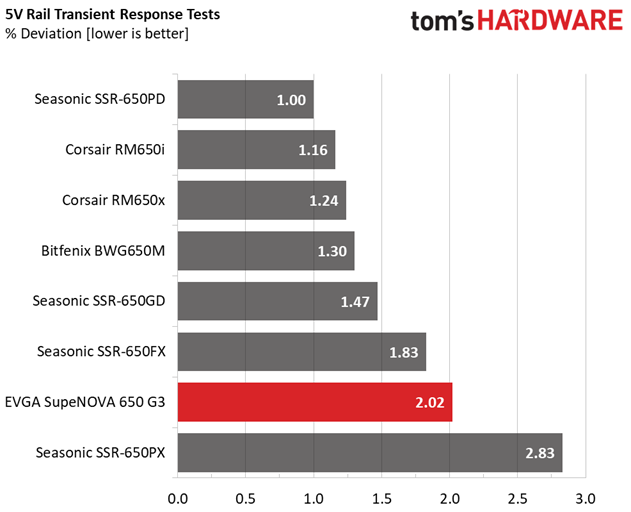
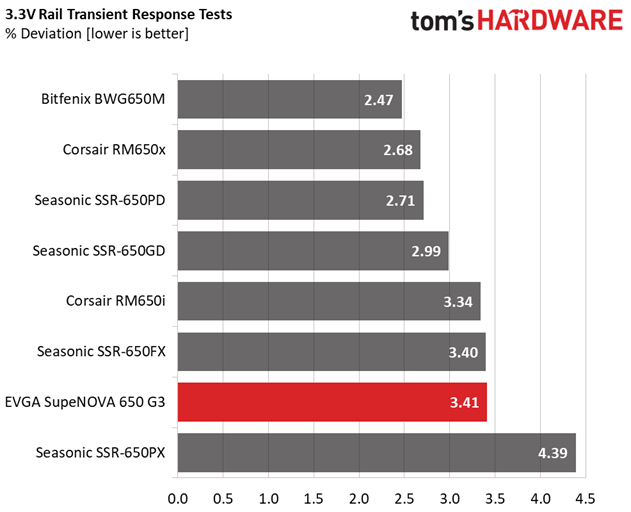
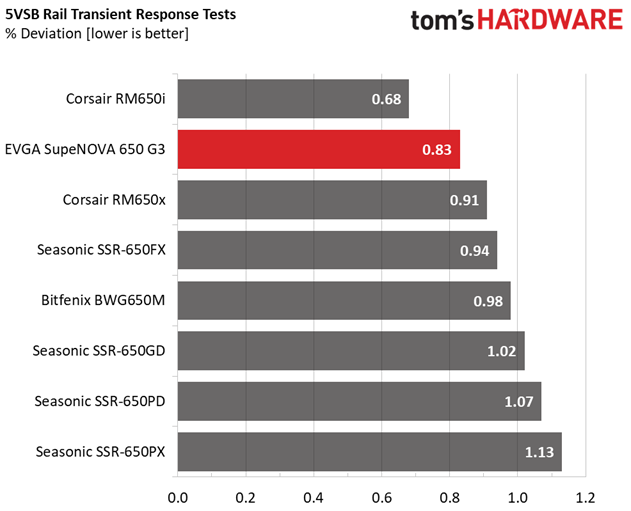
The +12V rail's transient response is good, although modern Seasonic and Corsair platforms are better. Performance is decent on the 5V and 3.3V rails, and it's pretty good at 5VSB.
Get Tom's Hardware's best news and in-depth reviews, straight to your inbox.
Here are the oscilloscope screenshots we took during Advanced Transient Response Testing:
Transient Response At 20 Percent Load – 200ms
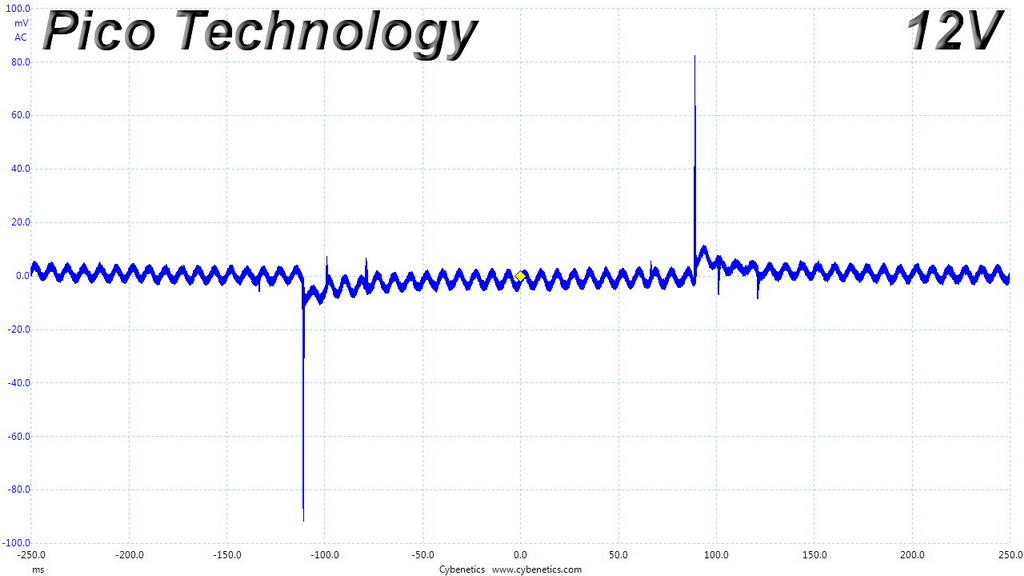
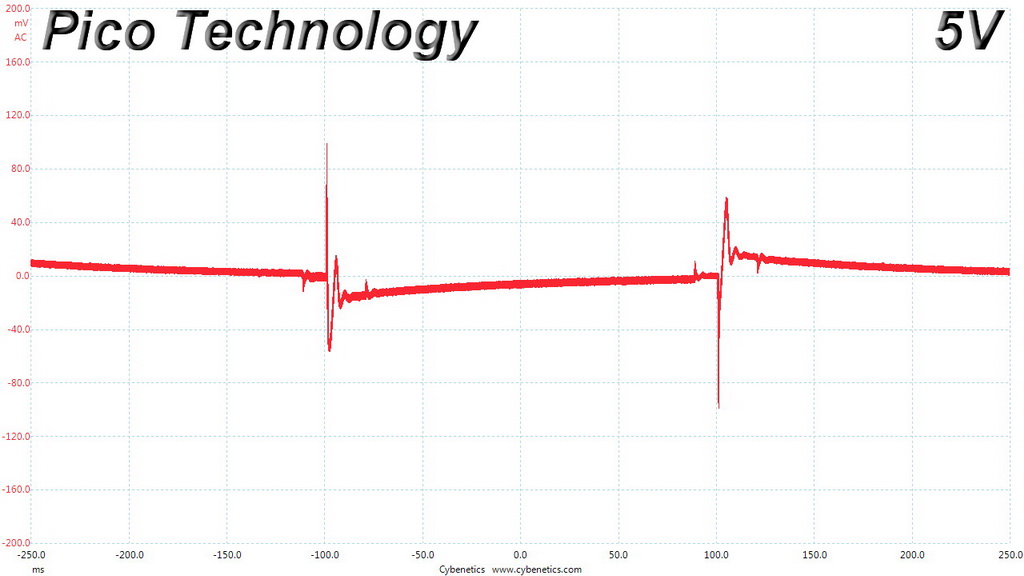
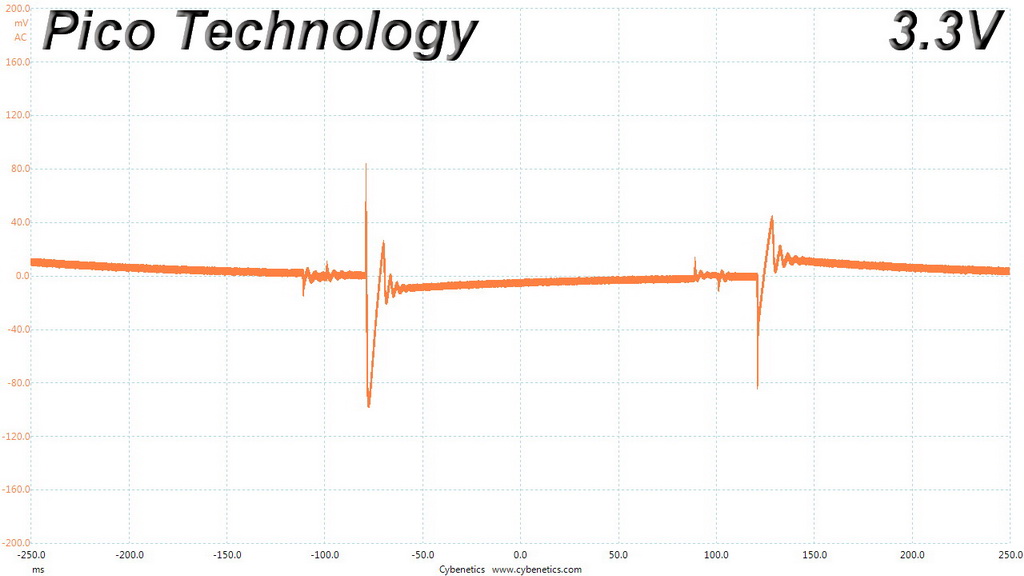
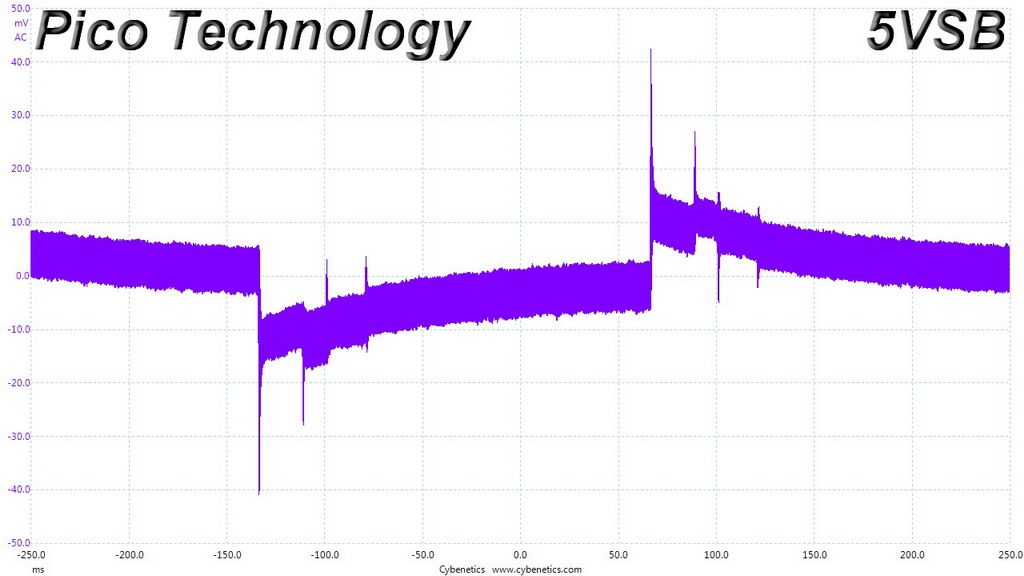
Transient Response At 20 Percent Load – 20ms
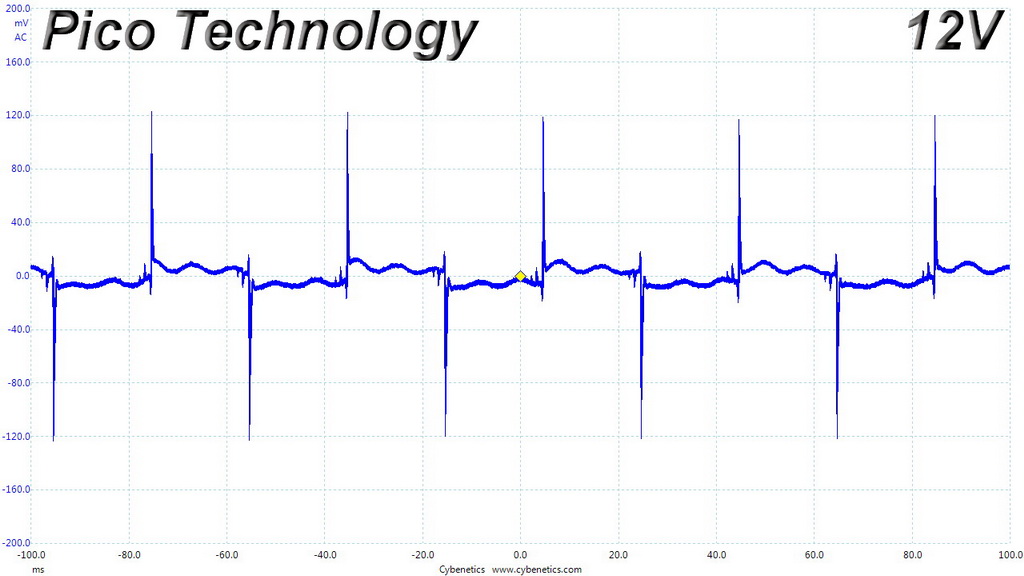
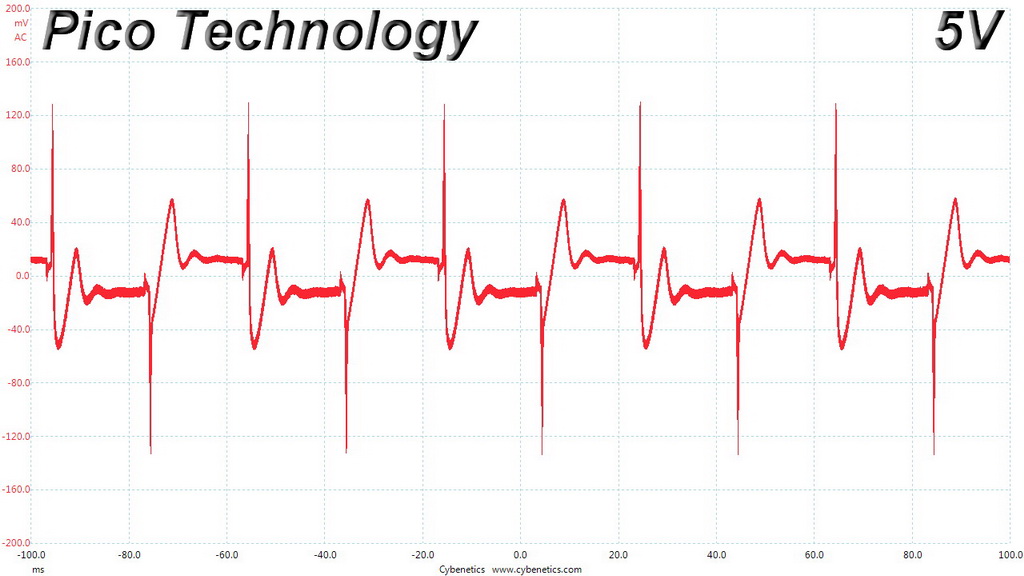
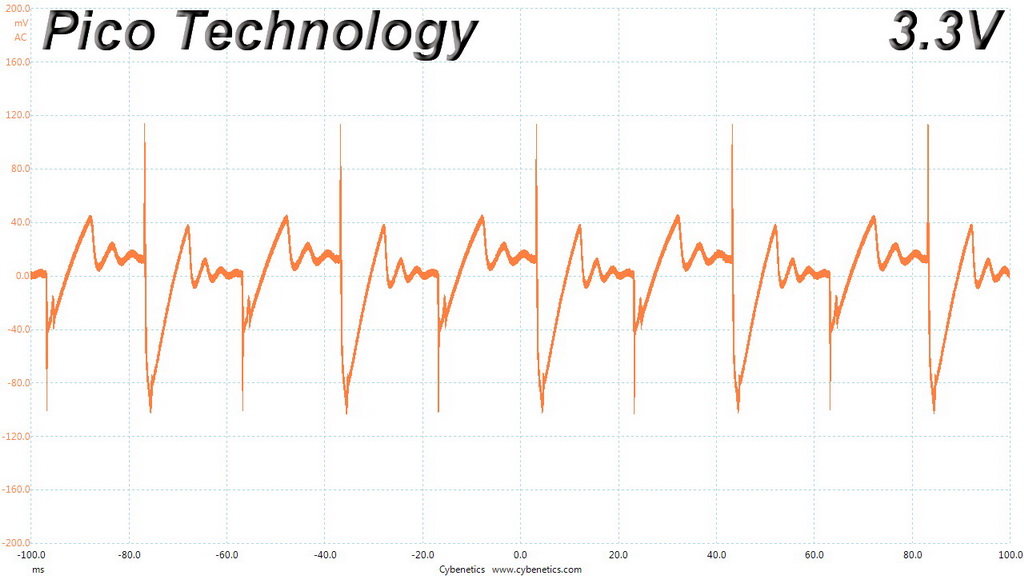
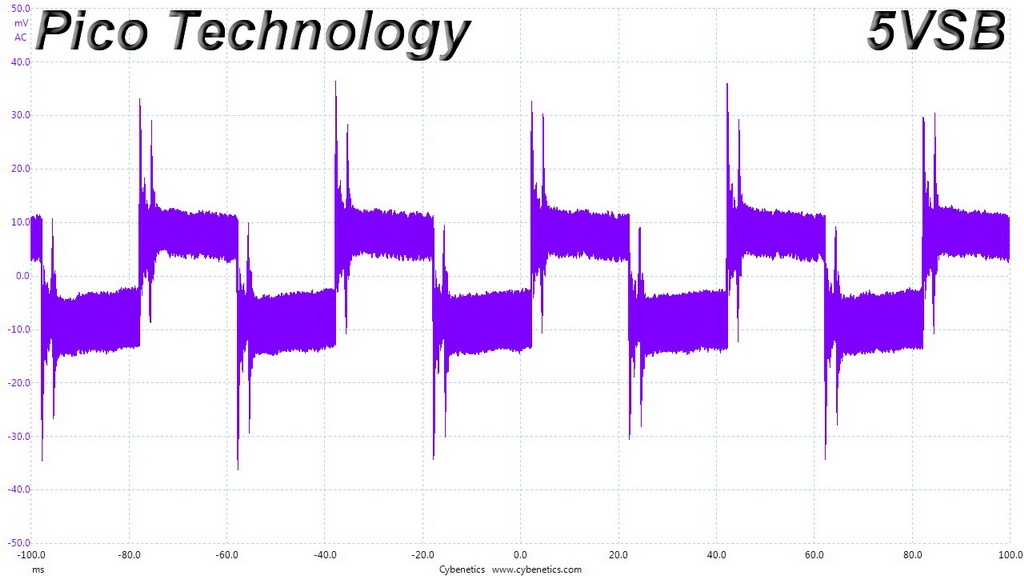
Transient Response At 20 Percent Load – 1ms
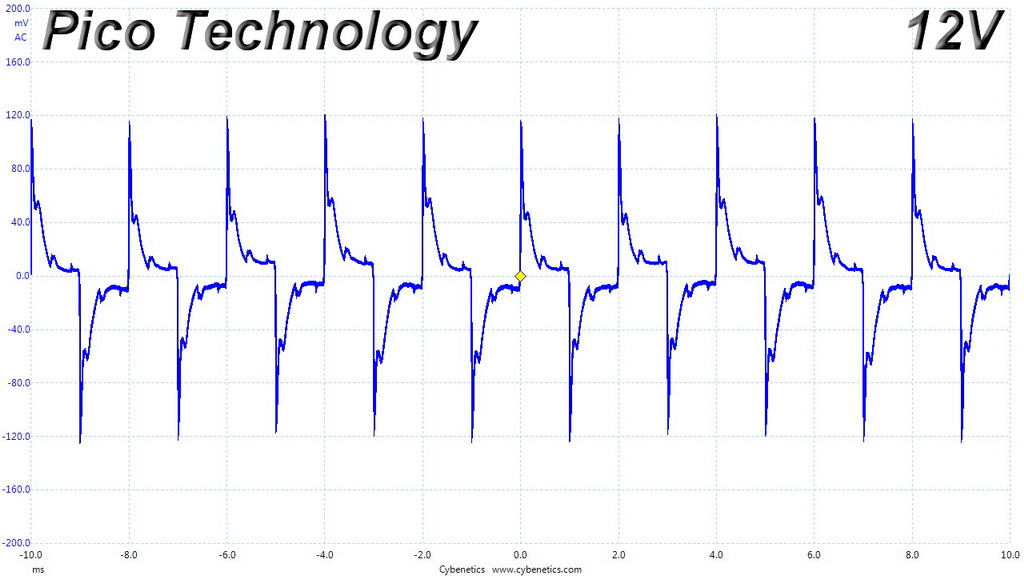
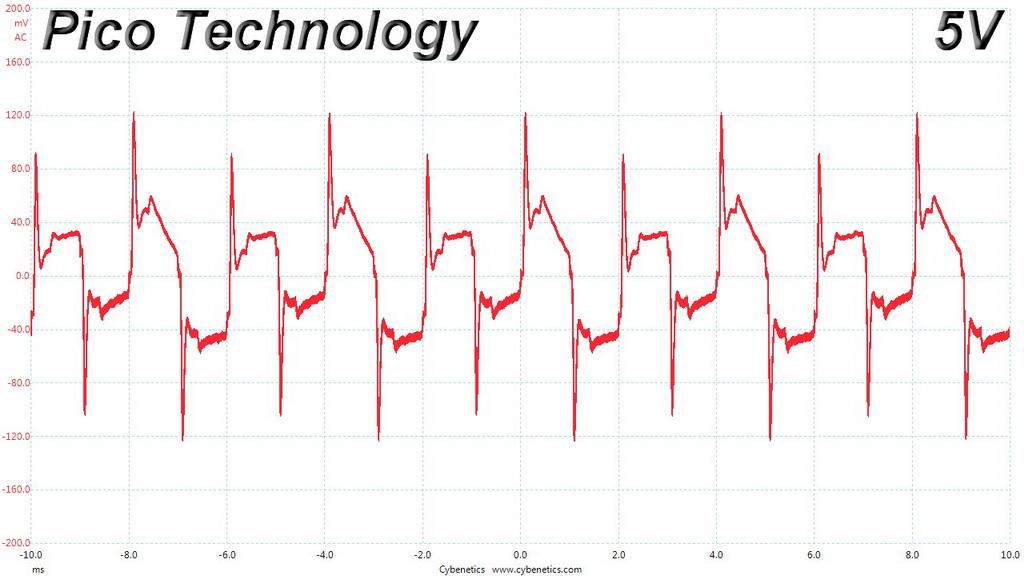
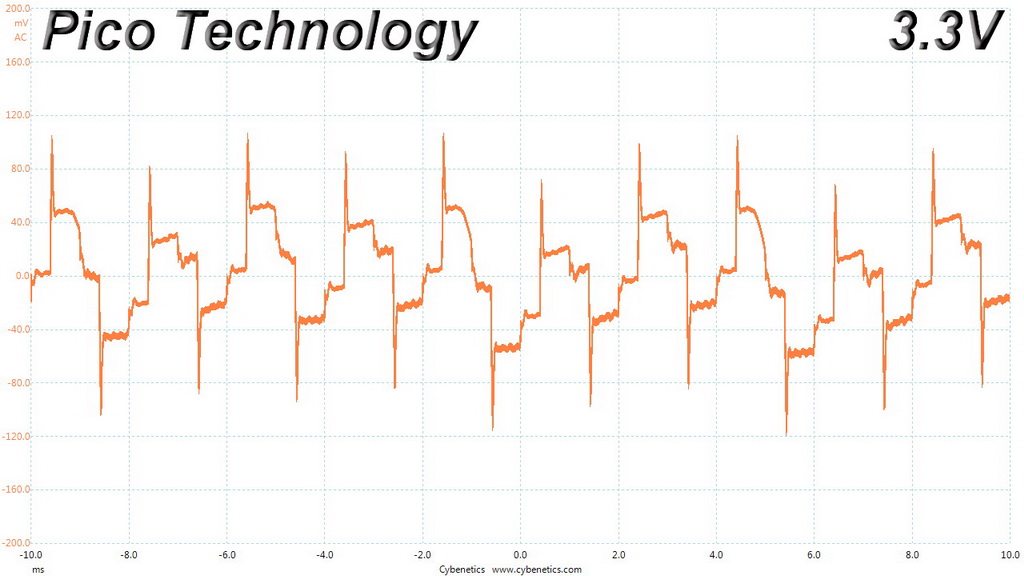
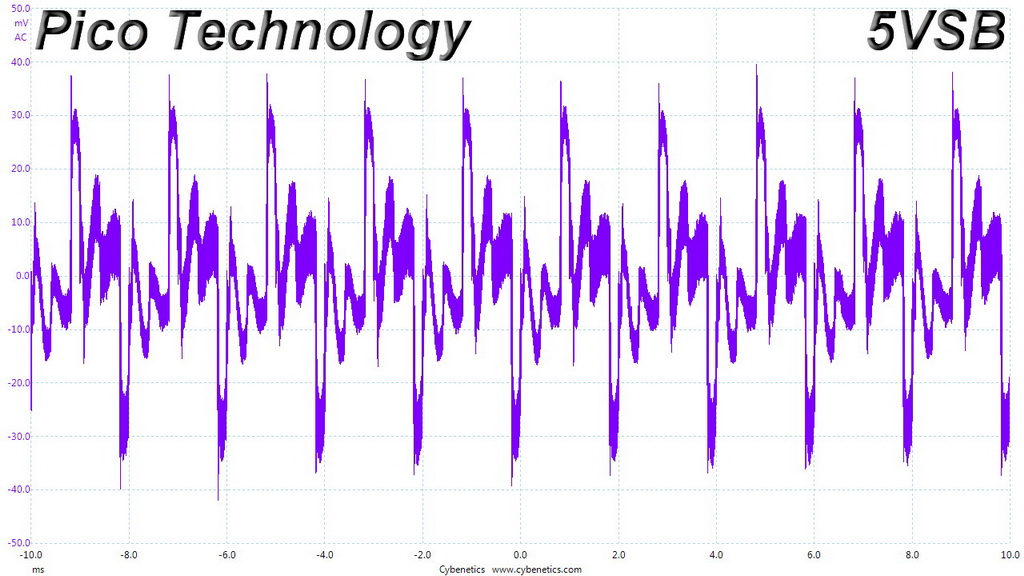
Transient Response At 50 Percent Load – 200ms
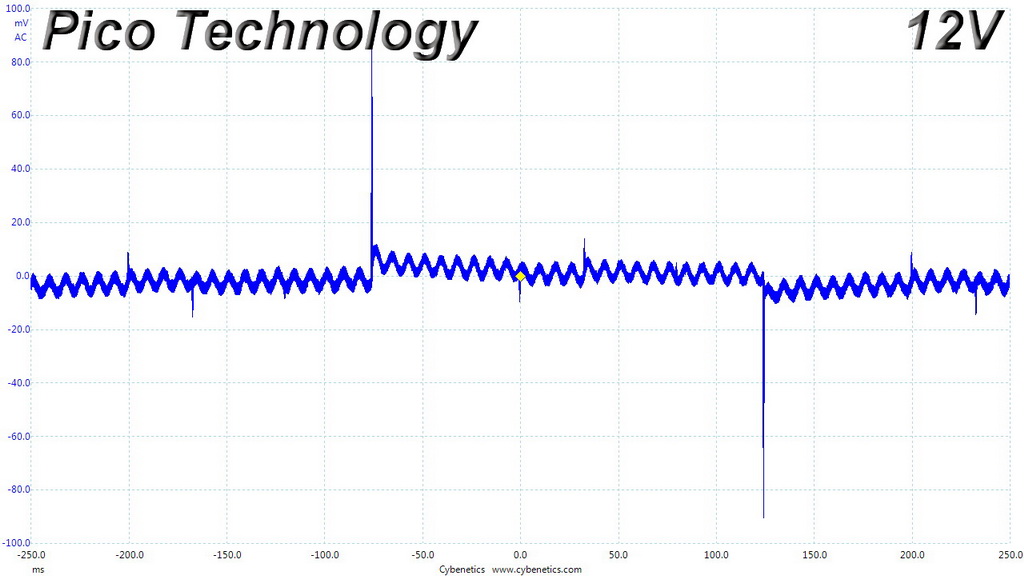
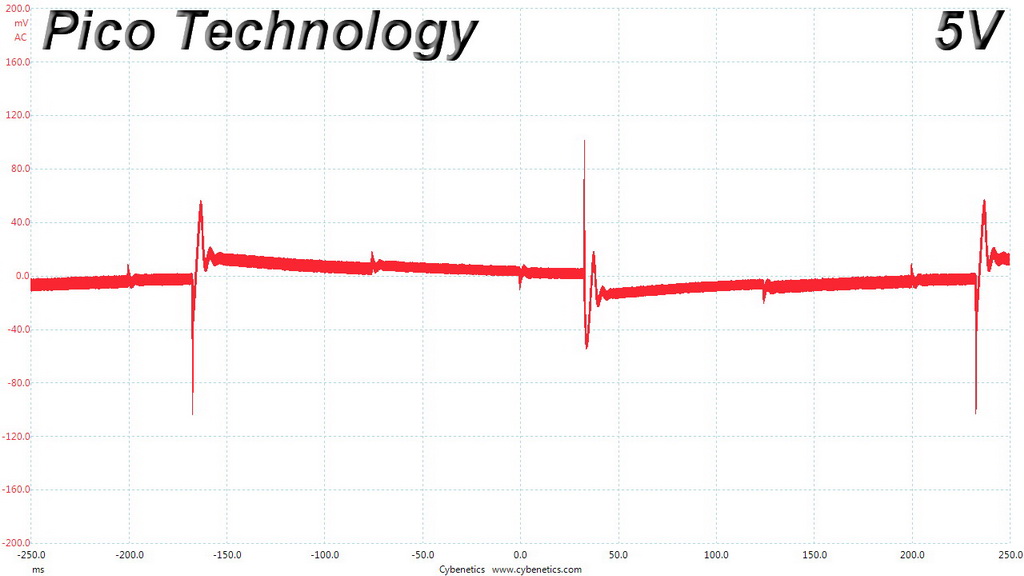
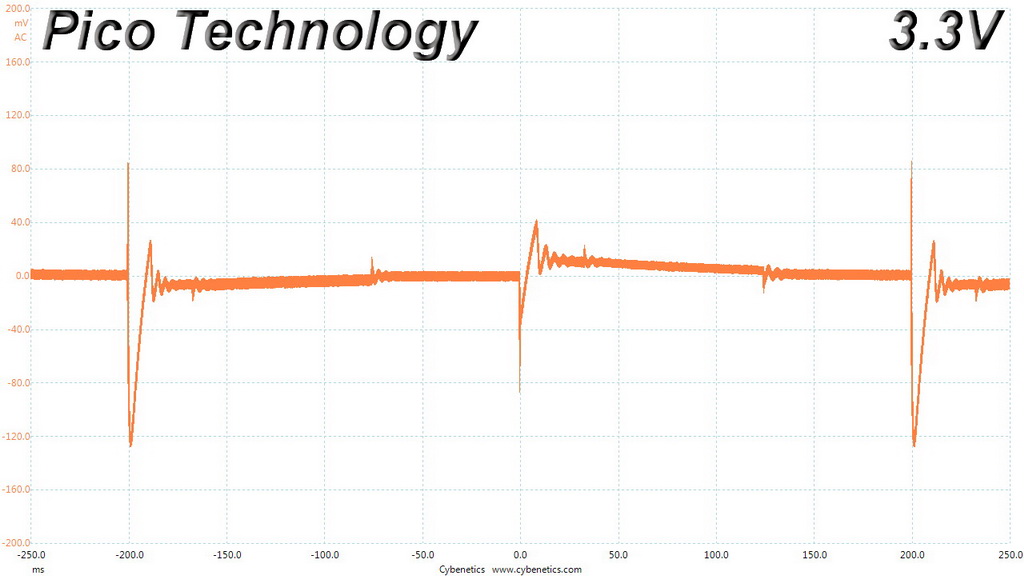
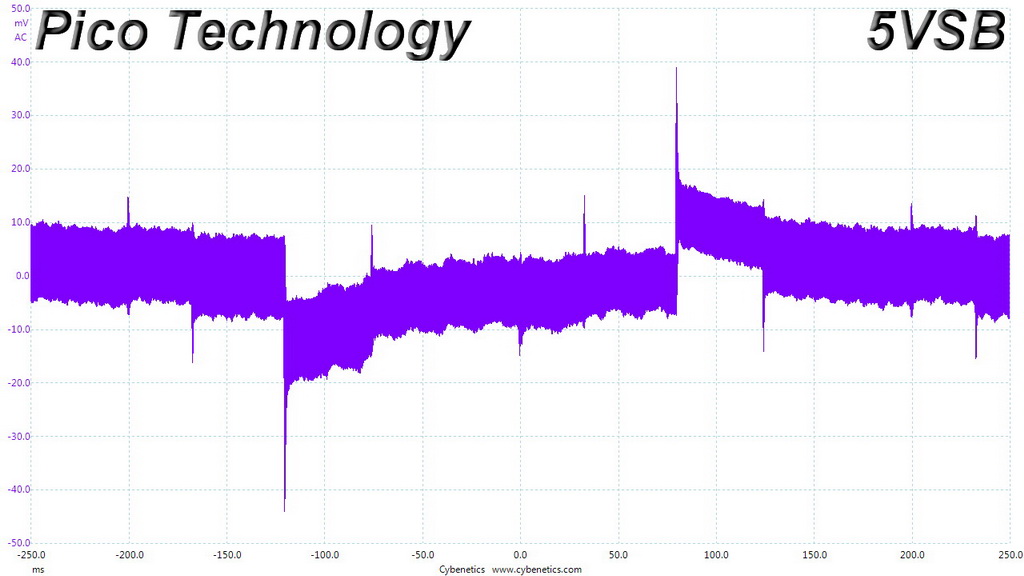
Transient Response At 50 Percent Load – 20ms
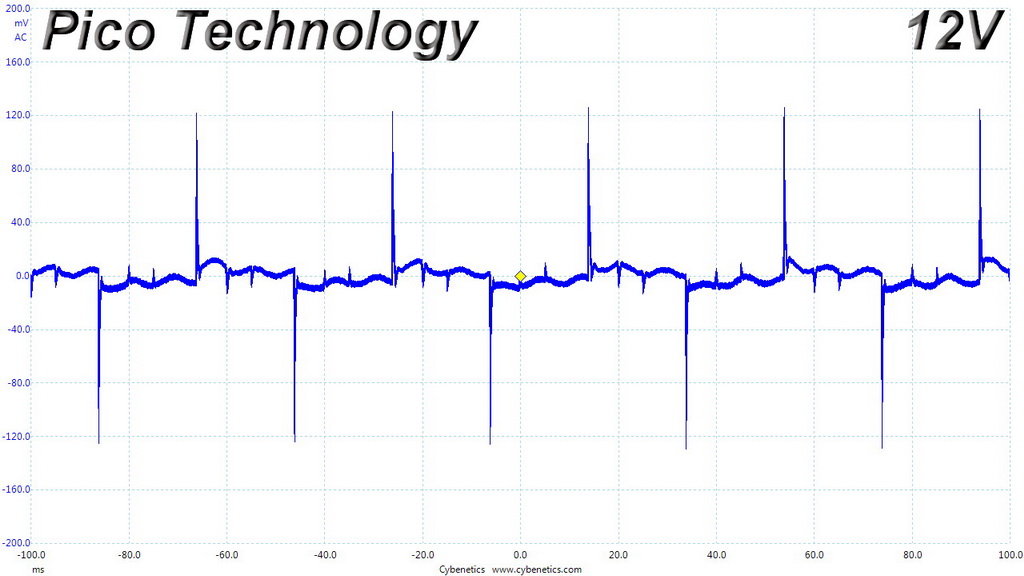
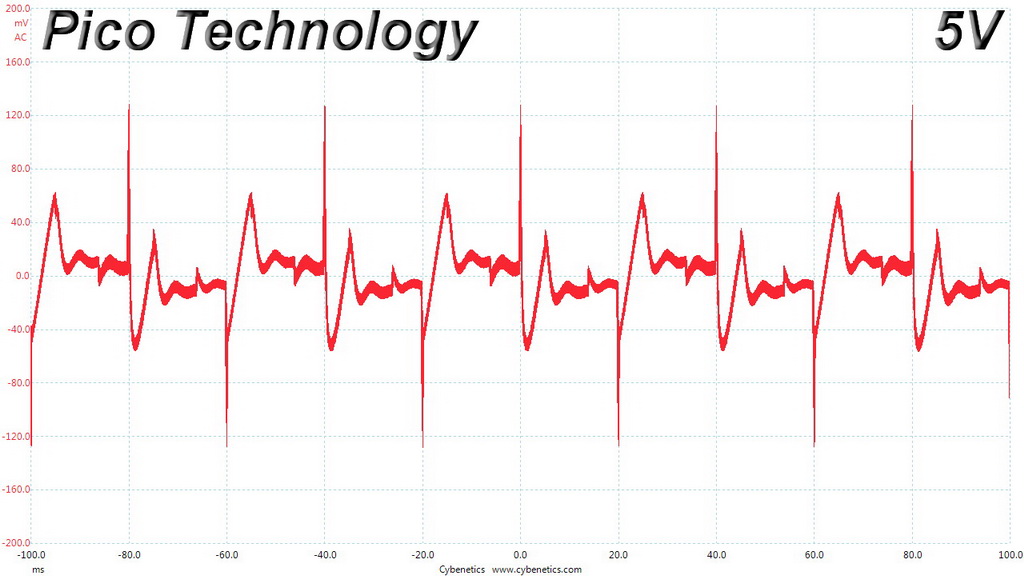
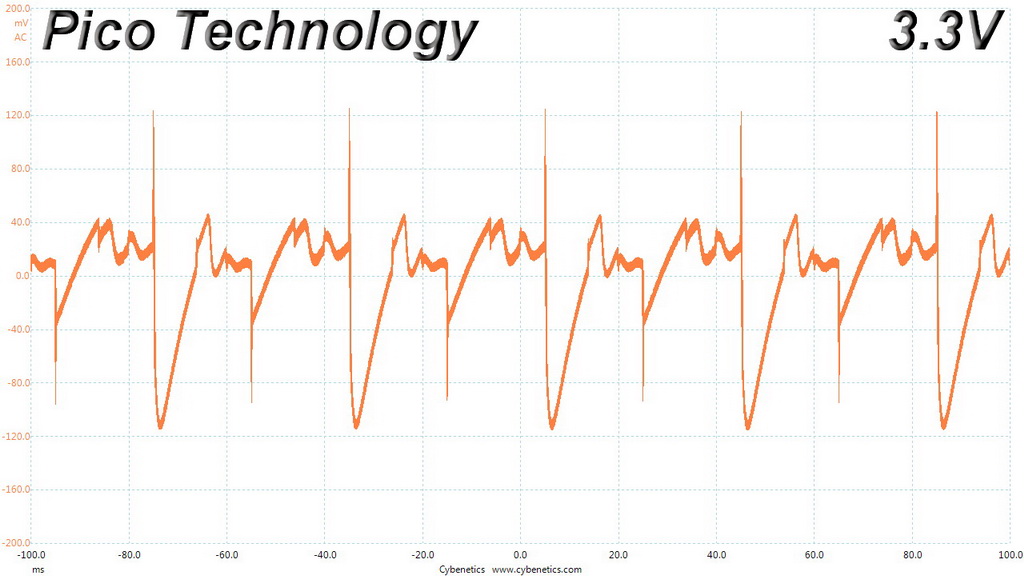
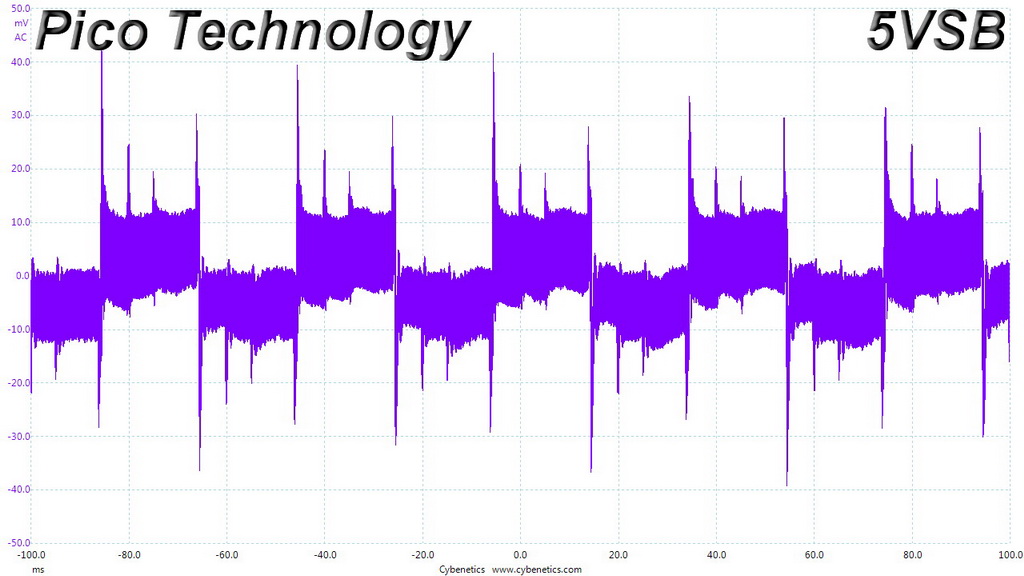
Transient Response At 50 Percent Load – 1ms
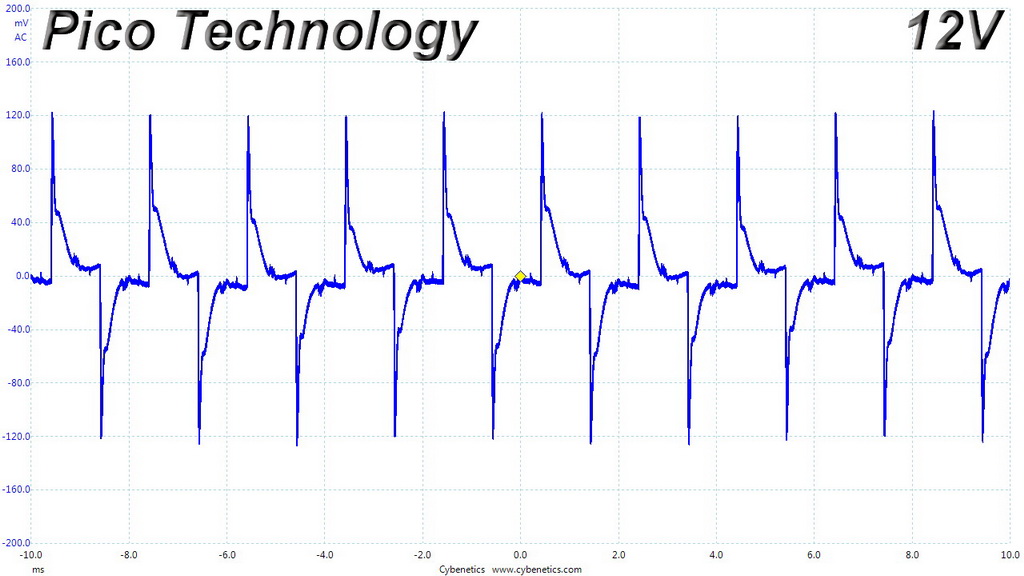
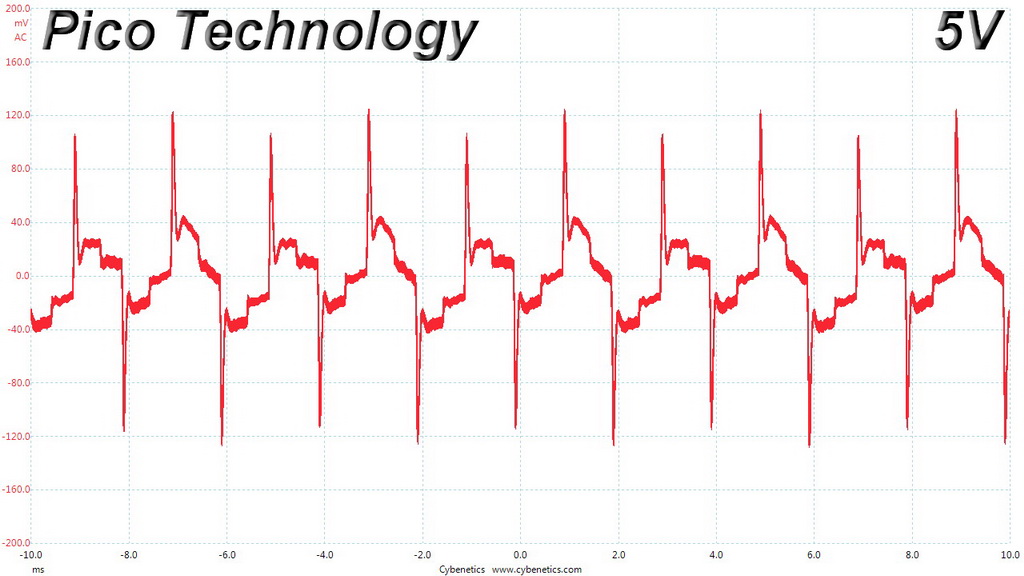
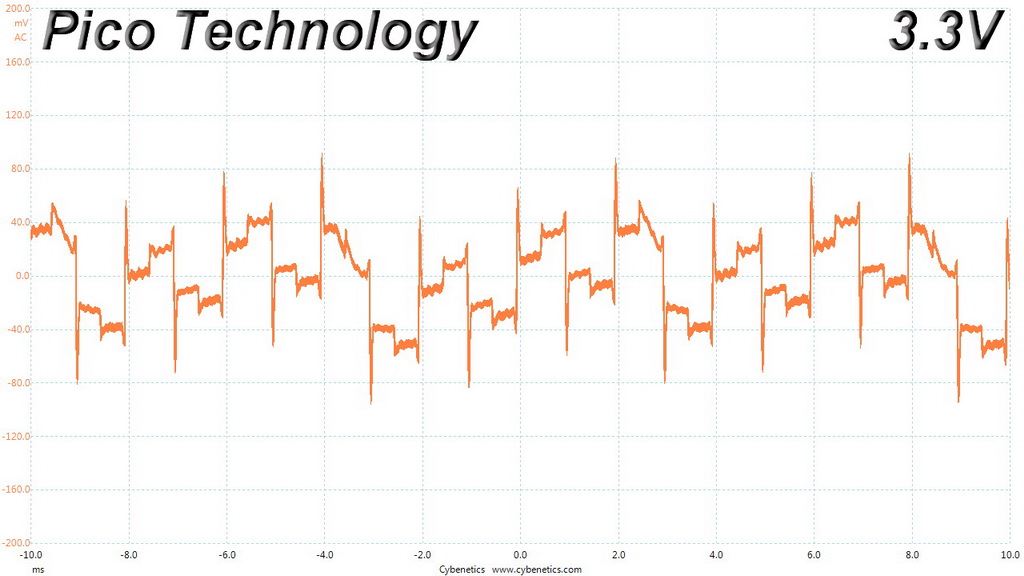
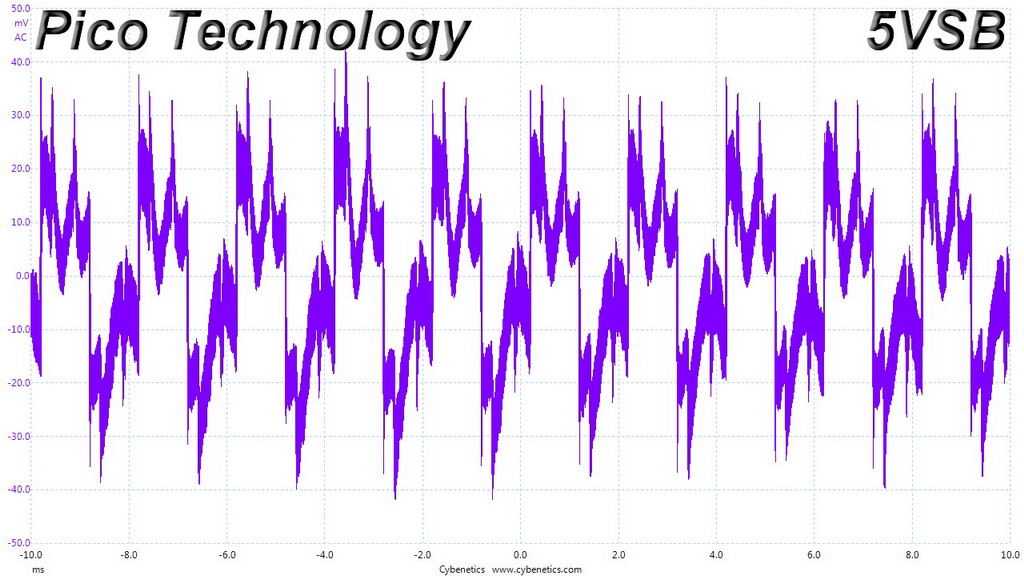
Turn-On Transient Tests
In the next set of tests, we measured the 650 G3’s response in simpler transient load scenarios—during its power-on phase.
For our first measurement, we turned the 650 G3 off, dialed in the maximum current the 5VSB rail could output, and switched the PSU back on. In the second test, we dialed the maximum load the +12V rail could handle and started the 650W supply while it was in standby mode. In the last test, while the PSU was completely switched off (we cut off the power or switched the PSU off), we dialed the maximum load the +12V rail could handle before switching it back on from the loader and restoring power. The ATX specification states that recorded spikes on all rails should not exceed 10 percent of their nominal values (+10 percent for 12V is 13.2V, and 5.5 V for 5V).
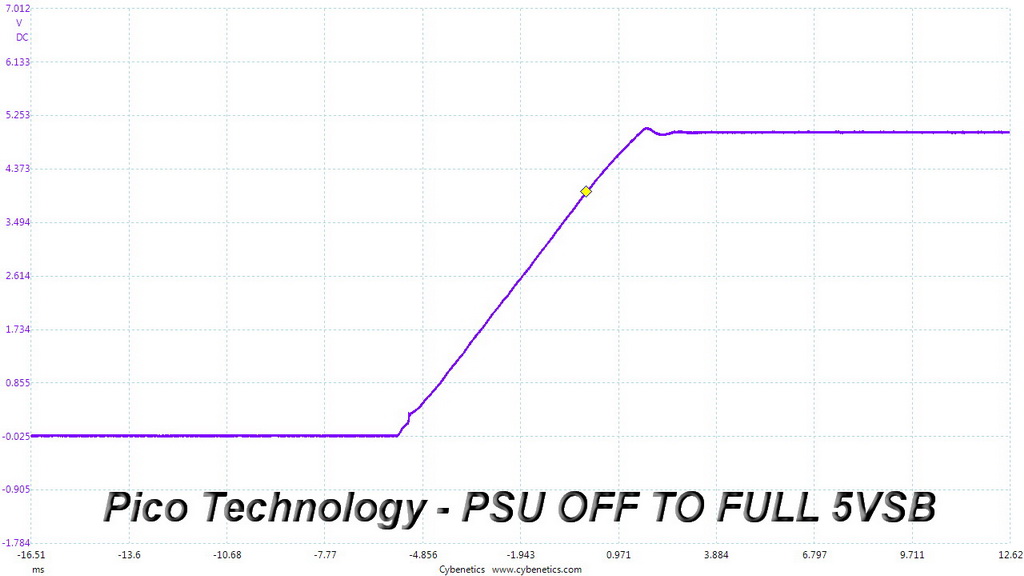
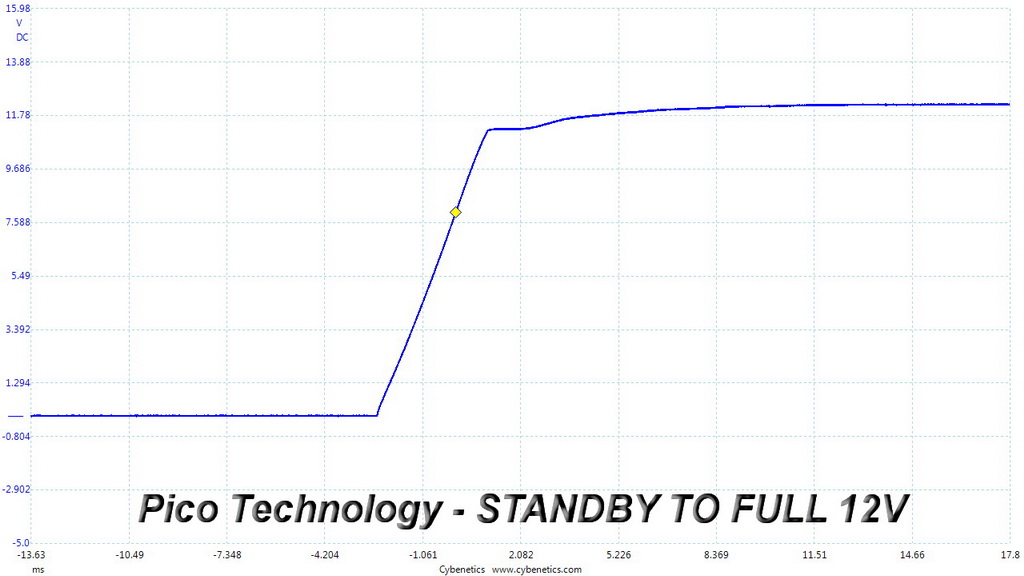
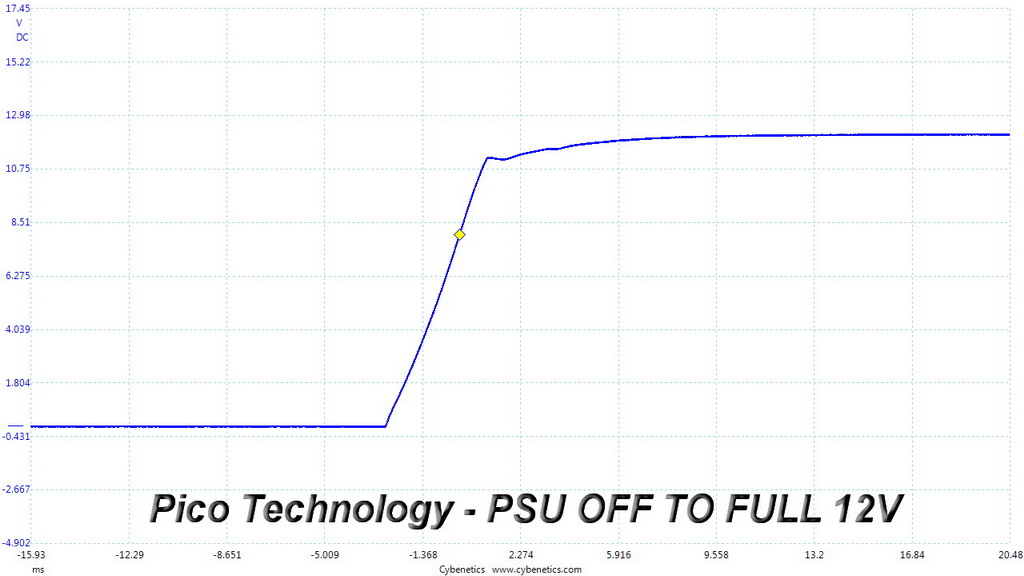
There is a tiny voltage overshoot at 5VSB. In the other two tests, the slopes ramp up smoothly.
MORE: Best Power Supplies
MORE: How We Test Power Supplies
MORE: All Power Supply Content
Current page: Transient Response Tests
Prev Page Cross-Load Tests & Infrared Images Next Page Ripple Measurements
Aris Mpitziopoulos is a contributing editor at Tom's Hardware, covering PSUs.
-
bit_user I'm sure it's been said before, but it's worth repeating: SuperNova is a terrible name for a PSU!Reply
A supernova ... is a transient astronomical event that occurs during the last stellar evolutionary stages of a massive star's life, whose destruction is marked by one final titanic explosion.
https://en.wikipedia.org/wiki/Supernova -
Co BIY "If you want to install a pair of high-end cards, the SuperNOVA 650 G3 is simply not an option."Reply
Wouldn't 650 watts be too little for a system with two high end cards anyway?
Nvidia recommends 600W for a system with a 1080 Ti in it. -
Aris_Mp You will only have problems if you try to feed 2x VEGA cards with a 650W PSU. The Nvidia high-end cards have low consumption.Reply
this article contains power consumption for all high-end Nvidia GPUs. Another one including AMD ones will be released soon.
https://www.tomshardware.com/reviews/best-gpus-for-mining-ethereum,5507.html -
gosubuilder I've had this PSU in my build sine around June 2017. Its been solid, haven't had any issues. Its noise isn't as bad as described in this article. I don't think I've stopped once thinking, "damn this PSU is loud" once.Reply -
jpe1701 They stopped putting 2 eps connectors in the 650 g2 as well. Mine came with only one and it was bought just a few months ago. Coincidentally would it be safe to use a splitter on that eps cable or was the original wired with connectors on different wires inside the sleeving?Reply -
10tacle Reply20898091 said:I'm sure it's been said before, but it's worth repeating: SuperNova is a terrible name for a PSU!
LOL I haven't thought of it that way, but Chevrolet sold a lot of Nova cars (started out as the Chevy II in 1962) between 1968 and 1987. They sold 1.7 million between 1968-1974 in 3rd generation alone so the name didn't bother the customer too much.
Anyway I'm assuming the same G3 series that plagued Aris' review of the G3 450 is now okay with the 650.
EDIT: I saw in that original review an update stated that EVGA advised all units since that review are made by SF and not outsourced to RSY. Aris does that mean the first batch of those G3 450s were RSY built?
https://www.tomshardware.com/reviews/evga-450-b3-psu,5160.html -
bit_user Reply
Maybe b/c regular novas don't produce black holes? Also, not sure how violent they are, as a supernova is thought to be different from novas in more than just scale.20899713 said:20898091 said:I'm sure it's been said before, but it's worth repeating: SuperNova is a terrible name for a PSU!
LOL I haven't thought of it that way, but Chevrolet sold a lot of Nova cars (started out as the Chevy II in 1962) between 1968 and 1987. They sold 1.7 million between 1968-1974 in 3rd generation alone so the name didn't bother the customer too much.
-
powernod nice PSU but it's unacceptable for a 650watt PowerSupply to have only 1 EPS connector.(EDIT: BeQuiet's 550watt DarkPowerPro11 has 2-EPS!! https://www.bequiet.com/en/powersupply/611 ) Even older AM3+ motherboards such as the ASUS CrosshairV Formula-Z that my brother has, use an 1x8 & 1x4 ATX12V power connector , so this PSU would be unable to power this kind of mobo!!Reply
Once again, excellent review by @Aris !! The best & most thorough PSU reviewer currently !!